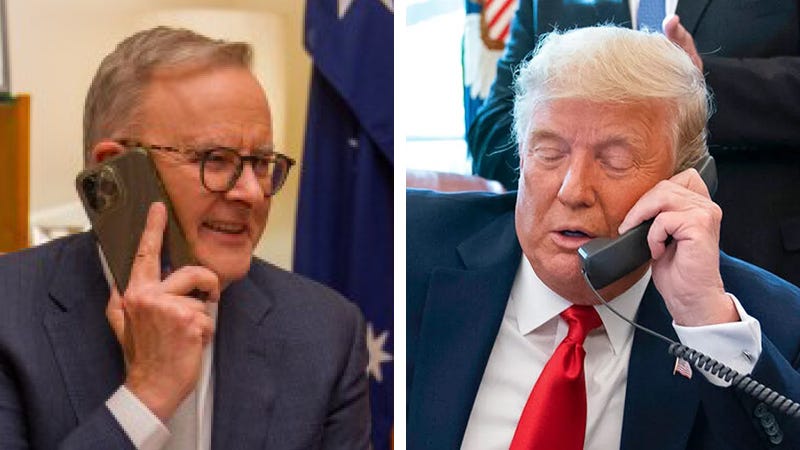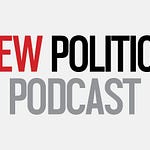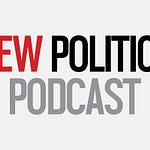This episode of New Politics is an in-depth exploration of the latest twists and turns in Australian politics, beginning with Prime Minister Anthony Albanese’s much-anticipated phone call to US President Donald Trump over the looming 25 per cent steel and aluminium tariffs. We discuss the economic implications for Australian exports, the unpredictability of US–Australia relations, and how Albanese’s political fortunes could suffer if an exemption isn’t granted – especially with a federal election on the horizon. We’ll also discuss the strategic moves surrounding the AUKUS agreement, including Defence Minister Richard Marles’s recent $US500 million payment to the United States, and the real possibility that President Trump may continue to shift his position at any moment.
We also analyse the latest Closing the Gap report, highlighting that only five of the 19 socio-economic targets are on track. With many critical areas – such as life expectancy and incarceration rates – continuing to worsen, the question remains: is it time to abandon the ineffective top-down approach and reconsider the importance of a Voice to Parliament? We examine the political fallout from the failed referendum in 2023, the backlash against Indigenous representation, and the enduring need for structural reform in areas that directly affect First Nations communities. There’s reflection on how federal leaders like Peter Dutton and Albanese handle Indigenous issues, the removal of Welcome to Country ceremonies from major sporting events, and the tension around place names and broader efforts toward Reconciliation – especially given the legacy of the Mabo decision from 1992 and ongoing demands for a Treaty and the Makarrata process.
Finally, we assess the recent Victoria state by-elections in Werribee and Prahran, the significance of preferential voting, and what these swings mean for both major parties, the Australian Greens, and independent candidates – a falling Labor Party primary vote doesn’t necessarily translate into direct gains for the Coalition, and the Greens’ rising support might still not guarantee electoral success. We look at the growing power of independents, and the lessons from the Queensland state election for the Australian Greens.
The Future Made in Australia legislation was passed with the support from the Greens, so why did Albanese decide to deal directly with the Coalition on electoral funding reform? It’s a dirty deal, that’s why – but we still think that sidelining the Greens and independents on this important legislation will have big implications at the next federal election.



















Share this post